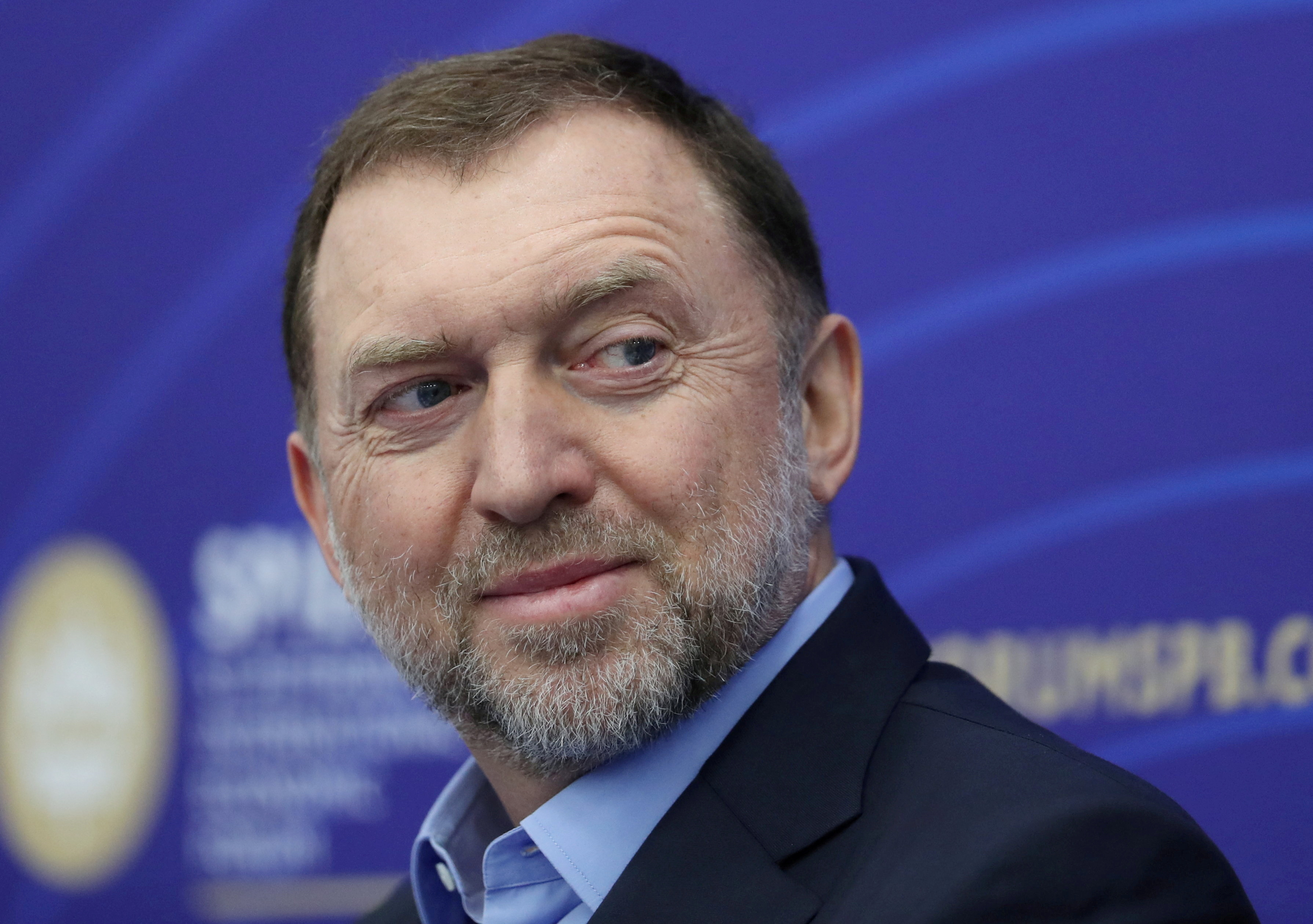
EU Upholds Sanctions on Russian Billionaire Igor Rotenberg In a decisive move, the European Court of Justice has rejected an appeal by Russian billionaire Igor Rotenberg to lift sanctions imposed on him by the European Union. The sanctions, which were introduced in 2014 in response to Russia’s annexation of Crimea, include asset freezes and travel bans. Rotenberg, a close associate of Russian President Vladimir Putin, has been accused of benefiting from the annexation and of having close ties to the Russian government. The EU argued that the sanctions were necessary to deter Russia from further aggressive actions towards Ukraine. Rotenberg’s lawyers had argued that the sanctions were politically motivated and that he had not been given a fair hearing before they were imposed. However, the court ruled that the EU had acted within its powers and that the sanctions were proportionate to the objectives pursued. The decision represents a significant setback for Rotenberg and sends a strong message that the EU is determined to maintain pressure on Russia over Ukraine. It also follows a similar ruling against another sanctioned Russian oligarch, Gennady Timchenko, in 2021. Analysts say that the ruling could have implications for other sanctioned Russians who may be considering challenging the EU’s measures. It could also embolden the EU to impose further sanctions on Russia in the future. Igor Rotenberg is one of the many Russian oligarchs who have been targeted by Western sanctions since the annexation of Crimea. The sanctions have had a significant impact on their businesses and personal wealth. The EU’s decision to uphold the sanctions against Rotenberg is a reminder that Russia’s aggression towards Ukraine will continue to have consequences.Russian Billionaire Igor Rotenberg Loses Appeal to Lift EU SanctionsRussian Billionaire Igor Rotenberg Loses Appeal to Lift EU Sanctions Brussels, 20 June 2023 – The General Court of the European Union has upheld sanctions against Igor Rotenberg, rejecting the Russian oligarch’s claim that he did not receive substantial benefits from the Moscow government and should not be subject to restrictive measures. In its June 19 ruling, the court stated: “The plaintiff has not demonstrated that the interpretation of the concept of ‘benefiting from Russian decision-makers or the Government of the Russian Federation’ – which refers, inter alia, to others, to people active in tender procedures – goes beyond what is necessary taking into account the objective pursued, that is, to put pressure on the Russian authorities to put an end to their destabilizing actions and policies in Ukraine.” The court found that Rotenberg benefited significantly from a concession granted by the Russian state to his company, RTITS, without a tender procedure. This concession guaranteed RTITS a substantial portion of the 10.6 billion rubles (approximately €108 million) paid by the Russian state budget. Between 2017 and 2020, RTITS paid 1.8 billion rubles (approximately €18 million) in dividends. The court also noted Rotenberg’s close association with his influential father, Arkady Rotenberg, a close member of President Vladimir Putin’s inner circle. The ruling reaffirms the EU’s commitment to holding accountable individuals and entities that benefit from the Russian government’s destabilizing actions in Ukraine. The EU’s sanctions regime is designed to exert pressure on the Russian authorities to change their behavior and end their aggression against Ukraine.
Russian Billionaire Igor Rotenberg Loses Appeal to Lift EU Sanctions A European Union court has rejected an appeal by Russian billionaire Igor Rotenberg to lift sanctions imposed on him over his alleged links to the Kremlin. Rotenberg, who is a close associate of Russian President Vladimir Putin, was targeted by EU sanctions in 2014 following Russia’s annexation of Crimea. He has since been under pressure to divest his assets and sever ties with the Russian government. In his appeal, Rotenberg argued that the EU sanctions were based on unfounded allegations and violated his rights. However, the court dismissed his arguments, stating that the measures were “proportionate” and “necessary” to deter Russia’s aggression against Ukraine. The ruling is a setback for Rotenberg, who has faced significant financial and reputational damage as a result of the sanctions. The measures have led to the freezing of his assets, travel bans, and restrictions on his business dealings within the EU. It also sends a strong signal that the EU is not prepared to tolerate Russia’s actions in Ukraine and that it is committed to implementing sanctions against those responsible.
EU Upholds Sanctions on Russian Billionaire Igor Rotenberg
Related Posts
Kate Hudson Recreated Her Iconic How to Lose a Guy in 10 Days Scene During the World Series, and I Can’t Ignore the Fans’ Reaction to It
Kate Hudson isn’t just an award-winning one actress with famous parents; she is also a huge baseball fan. So it’s no surprise that she attended this year’s World Series to…
Software Catalog Unveils Array of Cutting-Edge Solutions for Enterprise Transformation
Software Catalog Unveils Array of Cutting-Edge Solutions for Enterprise TransformationSoftware Catalog Unveils Array of Cutting-Edge Solutions for Enterprise Transformation Technology is rapidly reshaping the business landscape, making it imperative for…